BOONE, N.C. — Appalachian State University is among 27 universities across the country selected to host the Mandela Washington Fellowship for Young African Leaders in 2019. This summer, Appalachian will host 25 of Africa’s emerging civic leaders — ages 25–35 — for a six-week Leadership Institute, sponsored by the U.S. Department of State’s Bureau of Educational and Cultural Affairs.
The Mandela Washington Fellowship for Young African Leaders, which began in 2014, is the flagship program of the Young African Leaders Initiative (YALI). The program was created to empower young African leaders through academic coursework, leadership training, mentoring, professional opportunities, networking and local community engagement.
To date, Appalachian has hosted three institutes for the Mandela Washington Fellowship and has a network of 75 alumni of the program.
“I am very excited that Appalachian was again selected to participate in the implementation of the Mandela Washington Fellowship Institute. This is a great honor for our university and it demonstrates the confidence that both the U.S. Department of State and IREX have in Appalachian’s capacity to successfully implement programs of this nature,” said Dr. Jesse Lutabingwa, Appalachian’s associate vice chancellor for international education and development. Lutabingwa is also the director of international research and development and a professor of public administration in Appalachian’s Department of Government and Justice Studies.
Dr. Brian MacHarg, director of academic civic engagement at Appalachian, said, “The Mandela Fellowship helps to bring a global perspective to Appalachian but also allows civic leaders in Boone to collaborate and glean ideas from counterparts in Africa.
“Those who know this program look forward to it each year as it is a chance to share, learn and make friends with professionals from the African continent. The relationships are not short-term and often lead to later visits and collaboration.”
The cohort of fellows hosted by Appalachian will be part of a larger group of 700 Mandela Washington Fellows from sub-Saharan Africa who will hone their skills at U.S. higher education institutions this summer and receive support for professional development after they return home. The 700 Fellows were competitively selected from a pool of 38,000 applicants across sub-Saharan African countries.
“These kinds of programs are critical in helping OIED (the Office of International Education and Development) achieve its vision of bringing the world to Appalachian and the Boone/Watauga area. Our participation in the institute helps facilitate cultural exchange,” Lutabingwa said.
Appalachian’s institute provides the opportunity for talented African professionals to collaborate with Appalachian faculty on issues of civic leadership, community development and nonprofit management. The institute is supported through a partnership between the university’s Office of International Education and Development (OIED), Appalachian and the Community Together (ACT) and Leadership Development — a component of the Department of Student Engagement and Leadership in Appalachian’s Division of Student Affairs.
Douglas Baer, assistant director for leadership development, expressed his excitement to be part of Appalachian’s 2019 Mandela Washington Fellows Institute. Baer, who will teach a curriculum on leadership as part of the summer institute, said he is “delighted to continue that tradition — helping to mentor 25 bright and driven young leaders of Africa. I cannot wait to meet each of them.”
Lutabingwa said the Appalachian institute is a balance of in-class collaborations with off-campus meetings with nonprofit directors, state and local government officials and activities that showcase American culture.
The fellows will be paired with young local leaders from Boone and Watauga County to observe how the leaders are using their skills to advance the organizations with which they work. Fellows will discuss both the foundations for civic participation and the details of leading communities and nongovernmental organizations (NGOs).
Fellows will also participate in and reflect on volunteer service opportunities with local nonprofits in the community — work that matches what they are addressing in their home communities, such as sustainable agriculture, youth programs, poverty alleviation or other issues. The program balances the characteristics of American civic life with concerns specific to the continent of Africa.
At the end of their stay at their individual institutes, the fellows will meet in Washington, D.C., for the sixth annual Mandela Washington Fellowship Summit, where they will take part in networking and panel discussions with U.S. leaders from the public, private and nonprofit sectors. Following the summit, 70 selected fellows will participate in four weeks of professional development training at U.S. NGOs, private companies and government agencies.
The Mandela Washington Fellowship is a program of the U.S. Department of State’s Bureau of Educational and Cultural Affairs and is administered by the International Research and Exchanges Board (IREX). For more information about the Mandela Washington Fellowship, visit http://yali.state.gov/mwf and join the conversation at #YALI2019.
For additional information about the 2019 Mandela Washington Fellowship Institute at Appalachian, click here, and/or contact co-directors Lutabingwa and MacHarg at [email protected] or [email protected], respectively.
What do you think?
Share your feedback on this story.
Office of International Education and Development
About the Office of International Programs
Appalachian State University combines a strong liberal arts foundation with a comprehensive, pervasive and integrated commitment to global engagement. The Office of International Programs assists App State in fulfilling its global engagement mission by working to develop awareness, knowledge, appreciation and respect of cultural differences — in both domestic and international contexts — in the university’s students, faculty and staff, as well as in the surrounding communities. Learn more at https://international.appstate.edu.
About Student Affairs at App State
Student Affairs at App State supports student success and well-being by fostering a culture of care, inclusion and engagement. Its mission is to develop lifelong learners and dynamic leaders through meaningful experiences that challenge and support students. Grounded in a commitment to care, engage and transform, Student Affairs creates a student-centered environment that encourages resilience, leadership, service and global learning. Student Affairs encompasses the following units: Campus Activities, Case Management, the Child Development Center, Community-Engaged Leadership, Counseling and Psychological Services, Office of the Dean of Students, New Mountaineer and Family Engagement, Off-Campus Student Services, Plemmons Student Union, Student Conduct, M.S. Shook Student Health Service, Student Legal Services, Student Veteran Services, University Recreation, and Wellness and Prevention Services. Learn more at https://studentaffairs.appstate.edu.
About Appalachian State University
As a premier public institution, Appalachian State University prepares students to lead purposeful lives. App State is one of 17 campuses in the University of North Carolina System, with a national reputation for innovative teaching and opening access to a high-quality, cost-effective education. The university enrolls more than 21,000 students, has a low student-to-faculty ratio and offers more than 150 undergraduate and 80 graduate majors at its Boone and Hickory campuses and through App State Online. Learn more at https://www.appstate.edu.
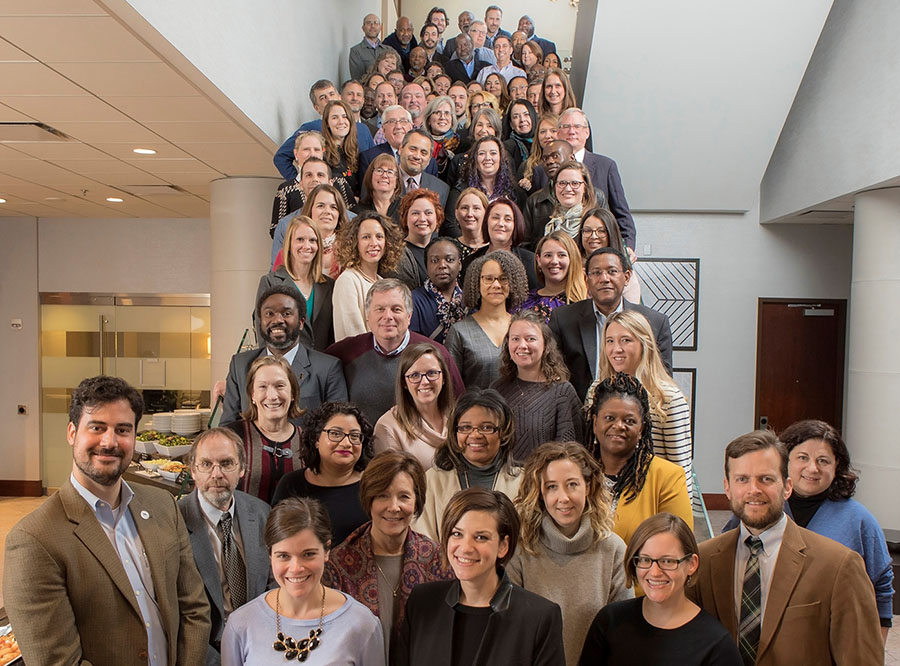
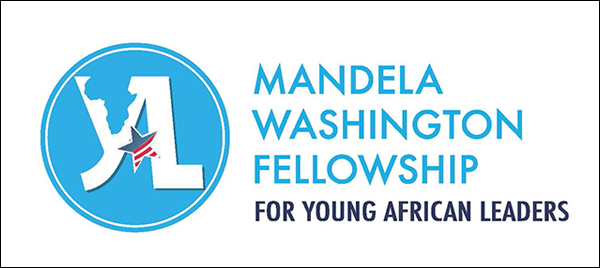
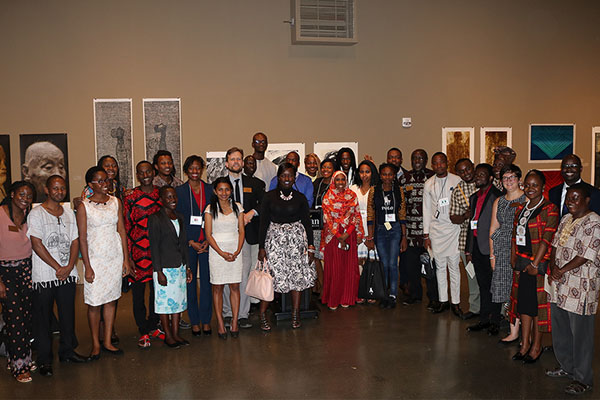
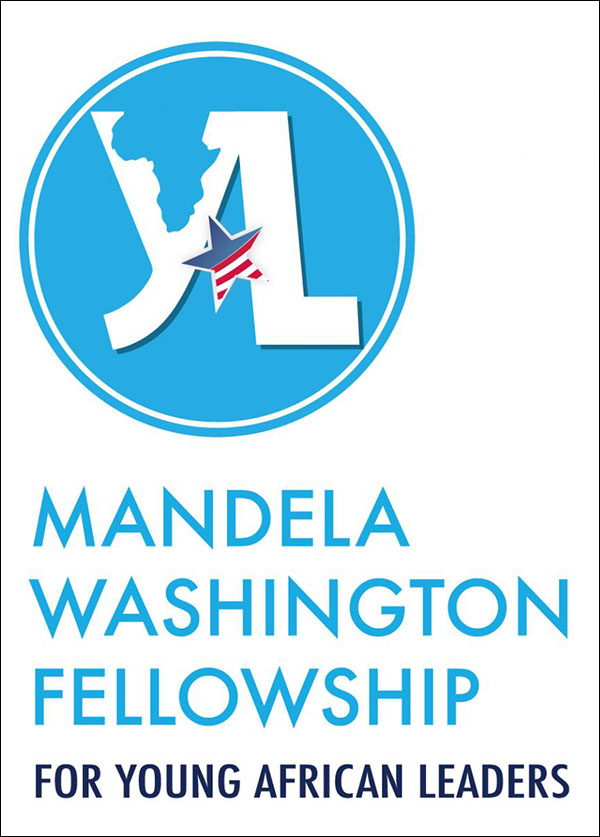
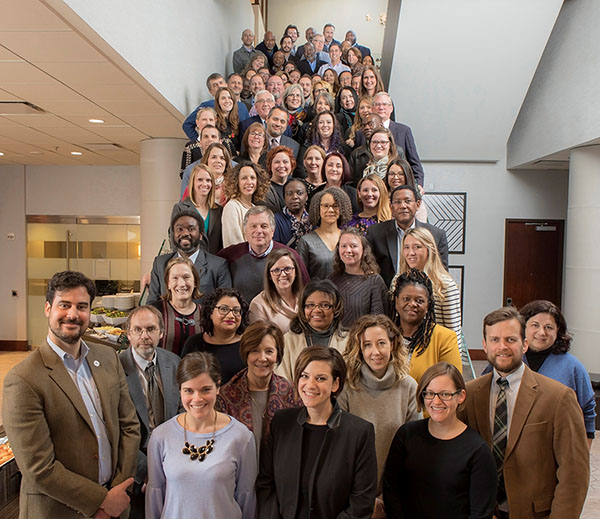



![How NCInnovation Is Rethinking Economic Development in North Carolina [faculty featured]](/_images/_posts/2026/02/rethinking-economic-development-600x400.jpg)







